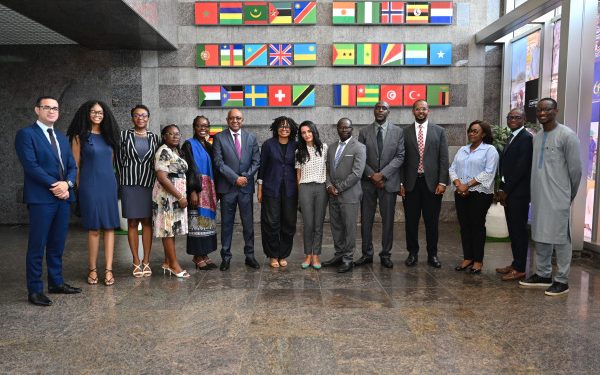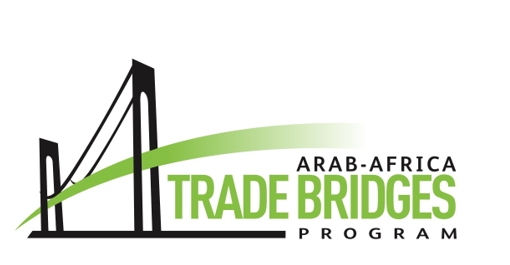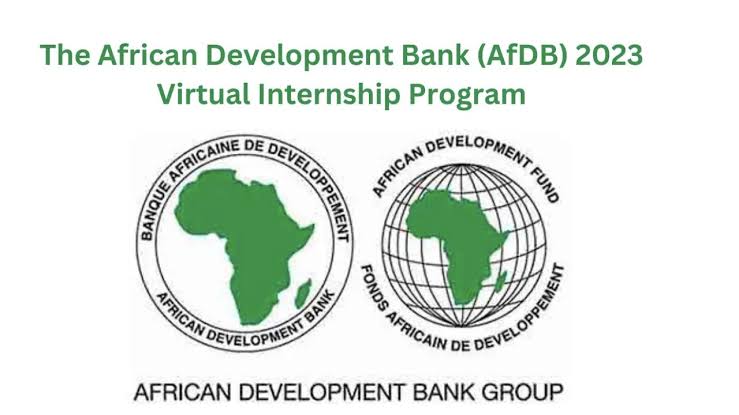The African Development Bank (AfDB) and the Islamic Development Bank (IsDB) have unveiled a joint $610 million initiative aimed at addressing climate-related fragility and strengthening resilience in Africa’s most vulnerable regions, with a particular focus on the Sahel and the Horn of Africa.
Though officially announced on AfDB’s Facebook page on Wednesday, the commitment was formalized during a high-level technical meeting held from April 22 to 23 at the AfDB headquarters in Abidjan, Côte d’Ivoire. The two-day session brought together senior officials from both institutions to align their strategies and intensify collaboration on the complex challenges faced by transition states and fragile regions.
The $610 million fund will support projects designed to counteract the effects of climate change; such as extreme weather and natural resource scarcity—that continue to exacerbate vulnerability and conflict in already fragile areas. It builds on a history of cooperation, including a 2019 civil society dialogue hosted by the AfDB, and is intended to support integrated, context-specific solutions that bolster local resilience and promote long-term stability.
Speaking on the partnership, the AfDB’s Transition States Coordination Office noted that the collaboration reflects a shared vision to deliver impactful and sustainable development. The initiative will focus on scalable climate adaptation, sustainable resource management, and community-led projects that offer a path toward greater resilience and environmental security.
Representatives from the Islamic Development Bank emphasized the significance of coordinated investments and proactive planning. They commended the AfDB’s shift toward anticipatory rather than reactive approaches, noting that the framework would help both institutions maximize their shared impact.
Both banks agreed to form a joint technical working group to guide the initiative, harmonize assessment methods, coordinate financial tools, and implement strategies that address both immediate needs and systemic fragility.
The project aligns with AfDB’s 2022–2026 Strategy for Addressing Fragility and Building Resilience in Africa, reinforcing the institution’s commitment to working through alliances that deliver targeted support to communities where development challenges are most severe.
As climate challenges continue to deepen inequality and instability across Africa, this partnership offers a model of how African and multilateral institutions can come together to provide durable solutions that reach the people and places that need them most.










